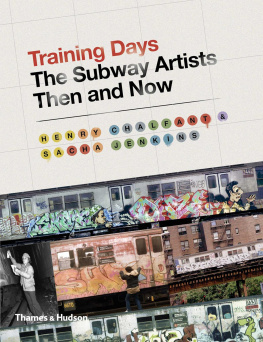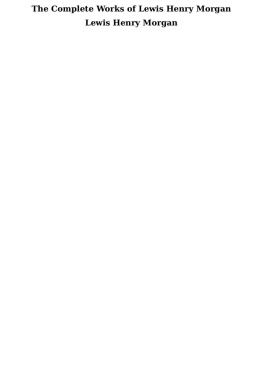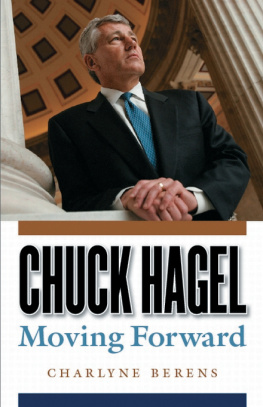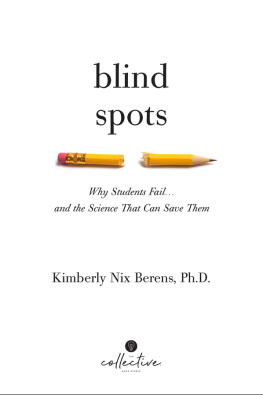Lewis Henry Berens - The Digger Movement in the Days of the Commonwealth
Here you can read online Lewis Henry Berens - The Digger Movement in the Days of the Commonwealth full text of the book (entire story) in english for free. Download pdf and epub, get meaning, cover and reviews about this ebook. year: 2015, publisher: Scholars Choice, genre: Religion. Description of the work, (preface) as well as reviews are available. Best literature library LitArk.com created for fans of good reading and offers a wide selection of genres:
Romance novel
Science fiction
Adventure
Detective
Science
History
Home and family
Prose
Art
Politics
Computer
Non-fiction
Religion
Business
Children
Humor
Choose a favorite category and find really read worthwhile books. Enjoy immersion in the world of imagination, feel the emotions of the characters or learn something new for yourself, make an fascinating discovery.

- Book:The Digger Movement in the Days of the Commonwealth
- Author:
- Publisher:Scholars Choice
- Genre:
- Year:2015
- Rating:3 / 5
- Favourites:Add to favourites
- Your mark:
- 60
- 1
- 2
- 3
- 4
- 5
The Digger Movement in the Days of the Commonwealth: summary, description and annotation
We offer to read an annotation, description, summary or preface (depends on what the author of the book "The Digger Movement in the Days of the Commonwealth" wrote himself). If you haven't found the necessary information about the book — write in the comments, we will try to find it.
The Digger Movement in the Days of the Commonwealth — read online for free the complete book (whole text) full work
Below is the text of the book, divided by pages. System saving the place of the last page read, allows you to conveniently read the book "The Digger Movement in the Days of the Commonwealth" online for free, without having to search again every time where you left off. Put a bookmark, and you can go to the page where you finished reading at any time.
Font size:
Interval:
Bookmark:

| Note: | Images of the original pages are available through the Internet Archive/Canadian Libraries. See http://www.archive.org/details/diggermovement00bereuoft |
IN THE
DAYS OF THE COMMONWEALTH
Das Echte bleibt Nachwelt unverloren.
SIMPKIN, MARSHALL, HAMILTON, KENT, & CO. LTD.
1906
TO
THE SOCIETY OF FRIENDS
(THE CHILDREN OF LIGHT)
TO WHOM THE WORLD OWES MORE THAN IT YET RECOGNISES
AND
WHOSE FUNDAMENTAL DOCTRINES
THE AUTHOR
HAS LEARNED TO LOVE AND ADMIRE
WHILST WRITING THIS BOOK
| CHAP. | PAGE |
| I. | THE REFORMATION IN GERMANY |
| II. | THE REFORMATION IN ENGLAND |
| III. | THE GREAT CIVIL WAR |
| IV. | THE DIGGERS |
| V. | GERRARD WINSTANLEY |
| VI. | WINSTANLEYS EXPOSITION OF THE QUAKER DOCTRINES |
| VII. | THE NEW LAW OF RIGHTEOUSNESS |
| VIII. | LIGHT SHINING IN BUCKINGHAMSHIRE |
| IX. | THE DIGGERS MANIFESTOES |
| X. | A LETTER TO LORD FAIRFAX, ETC. |
| XI. | A WATCHWORD TO THE CITY OF LONDON, ETC. |
| XII. | A NEW YEARS GIFT FOR THE PARLIAMENT AND ARMY |
| XIII. | A VINDICATION; A DECLARATION; AND AN APPEAL |
| XIV. | GERRARD WINSTANLEYS UTOPIA: THE LAW OF FREEDOM |
| XV. | THE SAME CONTINUED |
| XVI. | THE SAME CONTINUED |
| XVII. | CONCLUDING REMARKS |
| APPENDIX A. THE TWELVE ARTICLES OF THE GERMAN PEASANTRY, 1525 | |
| APPENDIX B. CROMWELL ON TOLERATION | |
| APPENDIX C. WINSTANLEYS LAWS FOR A FREE COMMONWEALTH | |
| BIBLIOGRAPHY | |
| INDEX |
THE REFORMATION IN GERMANY
Font size:
Interval:
Bookmark:
Similar books «The Digger Movement in the Days of the Commonwealth»
Look at similar books to The Digger Movement in the Days of the Commonwealth. We have selected literature similar in name and meaning in the hope of providing readers with more options to find new, interesting, not yet read works.
Discussion, reviews of the book The Digger Movement in the Days of the Commonwealth and just readers' own opinions. Leave your comments, write what you think about the work, its meaning or the main characters. Specify what exactly you liked and what you didn't like, and why you think so.








